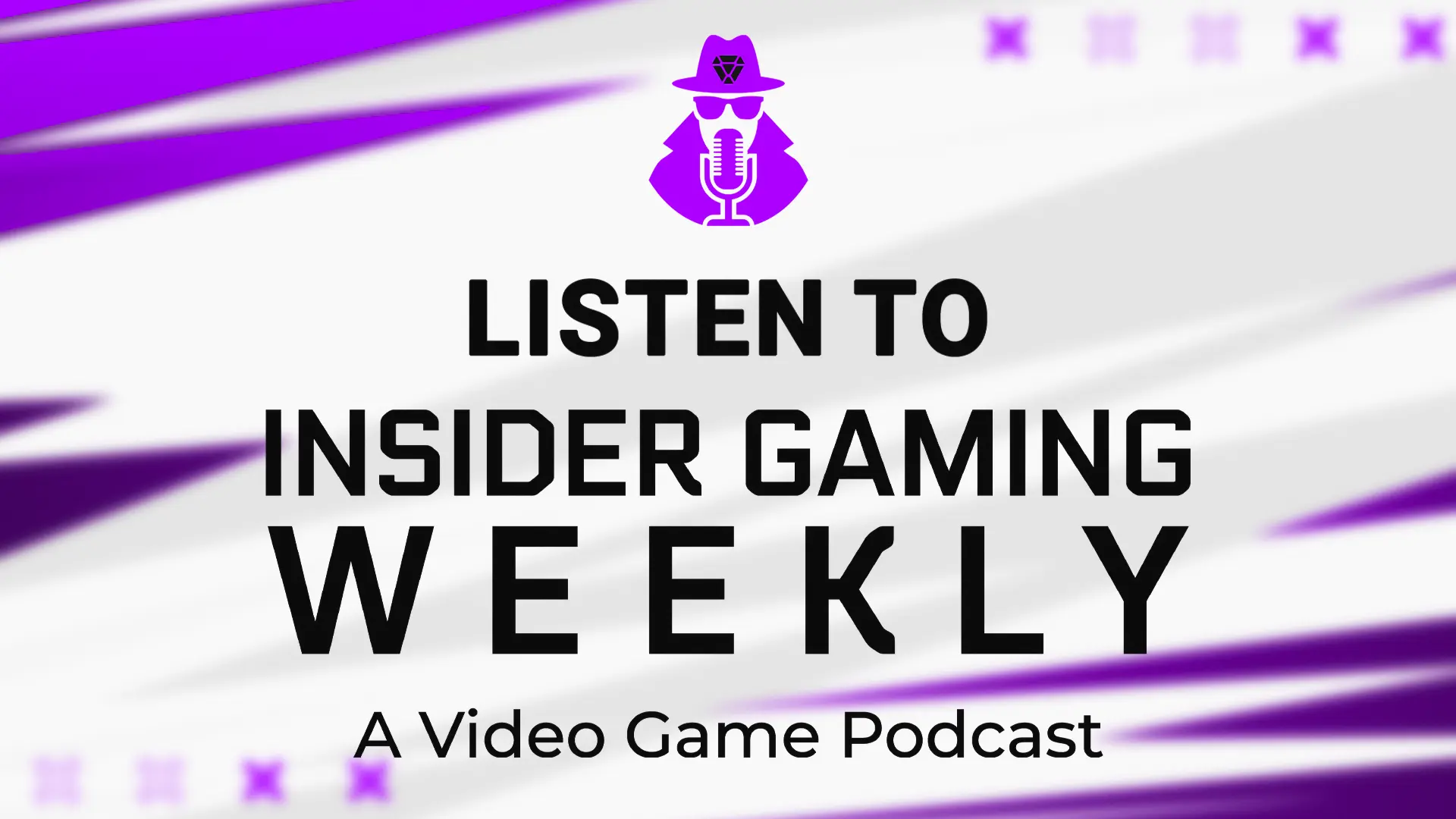On the platform designed to lobby petitions at the UK’s government, a particular page has surfaced talking about the topic of ‘publishers killing games’. The official title of this petition is ‘Require Videogame Publishers to Keep Games They Have Sold in a Working State’, and since it surfaced, it has gained traction, securing thousands of signatures.
This news comes following recent trends in the industry that have seen developers and publishers take games offline as they prepare to ‘sunset’ them. Most notably, Ubisoft took down the servers for The Crew, an open-world racing game released in 2014. This act generated backlash, despite Ubisoft – in some cases – issuing refunds for the original purchase of the game, even if it was made almost a decade ago.
This Isn’t New
It’s not a new concept, as nothing can stay online forever. Typically, the types of games that get shut down are ‘one-shot’ titles or games in a series that have more recent iterations. For example, Electronic Arts took down the multiplayer servers for the Battlefield: Bad Company games, but not too many people were fussed as since those titles were released, more than half a dozen newer Battlefield games have surfaced.
In the petition on the UK Parliament website, the blurb reads:
Require publishers to leave videogames (and related game assets / features) they have sold to customers in a reasonably working state when support ends, so that no further intervention whatsoever is necessary for the game to function, as a statutory consumer right.
As live service games become more popular, everything is online, always connected, and ever-evolving. But there will come a time when every game gets taken offline, regardless of the amount of money you’ve spent on it or the time you’ve invested in it. In the petition, some aggressive language is used, with the creator accusing publishers of ‘effectively robbing customers’.
The petition needs 10,000 signatures before the government will respond, and at 100,000 signatures, it could be debated in Parliament.
For more Insider Gaming coverage, check out our recent posts:
- Was Joel Right To Save Ellie? The Age-Old Last of Us Question is Answered by Druckmann
- When is the Nintendo Switch 2 Pre-order Date?
- Take-Two CEO Says Lack Of GTA 6 News Is To “Create Enormous Anticipation”
- 20 New Concept Arts of Battlefield 6 Leak Online
- Images From Respawn & Bit Reactor’s Star Wars Turn-Based Tactics Game Have Leaked










